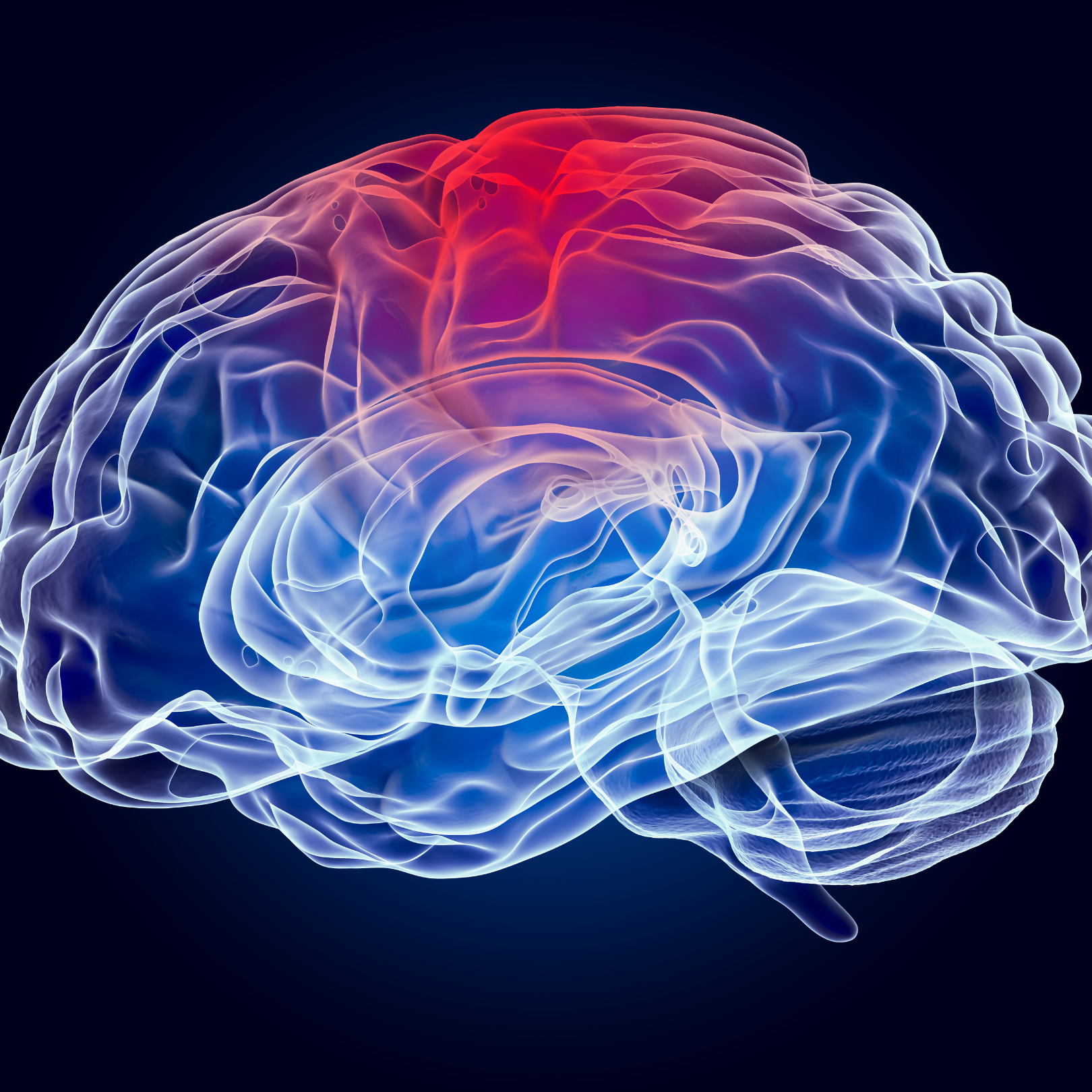Guest Blog Post: Diagnosis & Assessment of Traumatic Brain Injury – Objective Findings

This week we’re lucky to have renowned clinical psychologist & neuropsychologist and qualified medical evaluator Dr. Bal S. Grewal, Ph.D., QME, share an article he wrote on the diagnosis and assessment of traumatic brain injury (TBI):
The typical approach to diagnosing mild TBI (also known as concussion) includes both neuroimaging and neuropsychological assessment. Often, this diagnosis is not documented in ER medical records despite patients reporting findings which are consistent with mild traumatic brain injury. The absence of a reliable clinical diagnosis of TBI leads to inadequate treatment, delayed treatment, or no treatment at all. An incorrect diagnosis can cause worsening in the patient’s condition and a delay in the recovery process. TBIs may be missed or misdiagnosed because symptoms of TBI frequently overlap with other neuropsychiatric conditions that are common among adults and can cause impaired cognition. One example is depression, which can present as slowness in thinking, delayed responses during conversations, problems with attention and memory, all of which could just as well be due a traumatic brain injury.
During the impact of an accident, the rapid back and forth movement of the brain inside of the bony skull causes bruising, bleeding, and tearing or stretching of the nerve fibers. A diffuse axonal injury (DAI) happens when the brain’s connecting nerve fibers (axons) are sheared as result of the brain shifting and rotating inside of the skull. Diffuse damage to the brain can result from mild traumatic brain injury, even when there is no loss of consciousness.
Trauma to the brain can cause injury to the neurons & axons which can interfere with normal brain functioning. When nerve cells in the brain are damaged, they can no longer transmit and/or cause interference with transmission of neurological information from one part of the brain to other parts of the brain. Damage can cause significant mood, behavioral & cognitive changes. Immediately after the accident the person may be disorientated, dazed, confused, not remember what happened, and may have blurry vision. Symptoms may also include severe headache or nausea, ringing in ears, dizziness, or tiredness. These features of a concussion may not start right away; they may start days or weeks after the injury. After mild TBI, people can experience physical symptoms such as dizziness, headaches, sensitivity to noise and light, problem with speech, and loss of balance. Cognitive issues such as difficulty focusing, lack of concentration and attention, and memory problems are also common with TBI. In addition, patients may present with mood problems, for example, depression, anxiety, irritability, aggression, and sleep disturbance.
The extent and effect of brain damage is determined by neuroimaging testing such as MRI or CT scans, and neuropsychological assessments. Cognitive findings serve as the basis of a clinical DAI/mild TBI diagnosis. Neuropsychological assessment can help determine the areas of the brain that are impacted by TBI and how their impairments are impacting functions. The neuropsychological evaluation is crucial to assist in differential diagnosis, identifying and diagnosing cognitive and psychological conditions, and to develop an appropriate treatment plan. The neuropsychological evaluation should be done within 4- 6 months of the TBI.
Results of CT scans or MRIs of the brain will usually be “normal” or show “no abnormalities” in mild TBI. In other words, an unremarkable imaging study is not necessarily a reliable indicator that trauma has not occurred to the brain. A “normal” scan simply suggests the absence of a more severe acute neurological injury. Emergency rooms obtain brain scans to confirm or rule-out life threatening processes including brain hemorrhage, edema, stroke and skull fractures, in order to more safely discharge the patient.
There are some specialized scans such as Diffusion Tensor Imaging (DTI) & Susceptibility Weighted Imaging (SWI) that can be ordered that are more likely to pick up some possible mechanisms of TBI (such as finding DAI – diffuse axonal injury). Brain MRI (3.0T) to include Fractional Anisotropy (FA) analysis, resting state default mode network, arterial spin labeling, and volumetric analysis, will detect pathology-specific details such as microstructural changes in the axons and myelin of brain white matter. Integrating neuroimaging and neuropsychological evaluation will aid to the accuracy of diagnosis and provide objective evidence of mild traumatic brain injury.
Dr. Bal S. Grewal, Ph.D., QME is a highly skilled Clinical Psychologist & Neuropsychologist. His specialties include:
- Comprehensive Psychological & Neuropsychological Evaluations
- Neuropsychological and Psychological Testing
- Psychotherapy and Psychological Treatment Pain Consultations
- QME Exams
- AME Exams
- Psychological Evaluations Including Psychiatric Clearance for Implantable Devices Such as Morphine Pumps, Spinal Cord Stimulators, and Clearance for Orthopedic Surgery
- Individual and Group Psychotherapy
- Biofeedback
- Comprehensive Bio-Behavioral Pain Management Treatment for Patients with Acute & Chronic Pain and Orthopedic Injuries.
He also has wide-ranging clinical experience and skills for assessing and treating a broad spectrum of psychological and psychiatric disorders including PTSD, organic mental disorders, somatoform disorders, affective & anxiety disorders, and psychotic & personality disorders. Dr. Grewal is regarded as one of the experts in the assessment and interpretation of personality testing. He has published extensively in the assessment, diagnosis and treatment of psychological and mental disorders.
Dr. Grewal has locations in West Los Angeles, Lancaster, and Panorama City. He has immense experience treating personal injury patients and providing thorough and detailed clinical evaluations in a timely fashion. Please click below to learn more about him.

